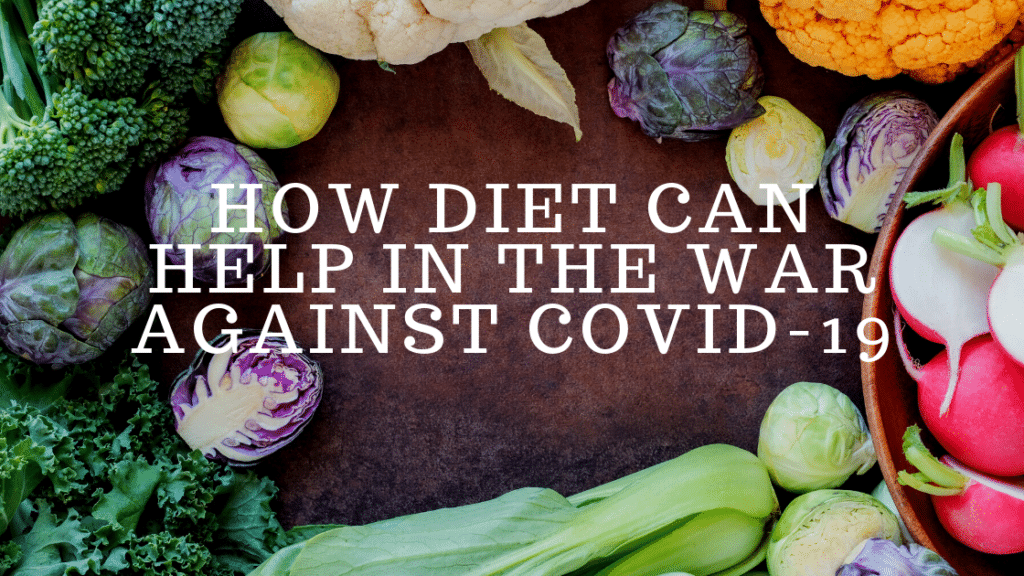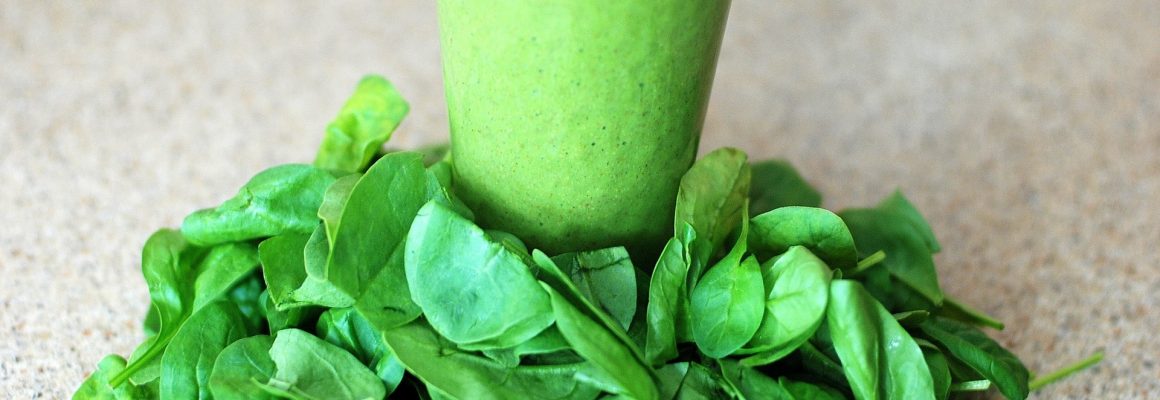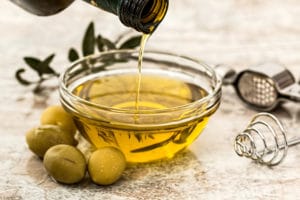Full disclosure: Please note that this post contains affiliate links and any sales made through such links will reward us a small commission – at no extra cost for you. Keep in mind that we link these companies and their products because of their quality and not because of the commission we receive from your purchases.
Right now we are all experiencing our own versions of “COVID jail”. It is ok to be scared, to have increased anxiety, frustration, feel helpless and angry. In addition to the threats we all have to our health, many of us are also dealing with the uncertainty to our own livelihood as well. It’s ok to just need to take a breath. Let’s all use those feelings and come together (virtually that is), and help those around us. We must remember those who are most vulnerable during these crises. So reach out to your neighbors and family and offer to drop off groceries or supplies if they are needed.
For those who are stuck at home due to stay at home orders, use this time to your advantage. Watch documentaries (Eating you Alive, Forks over Knives, Game Changers) about nutrition, read books (The Plant-Based Solution, The Plant-Based Diet for Beginners) and blog posts (like ours)! This info will benefit you long after this COVID pandemic is in the rear-view mirror. Knowing more about nutrition can help you reduce your risks for certain chronic health conditions such as heart disease, diabetes, cancer, and the list goes on– and even help to reduce the implications of these if you already have them.


This virus attacks our immune system, causing respiratory inflammation as the disease wreaks havoc in a patient’s lungs causing inflammatory pneumonia. Battling inflammation should be our primary objective in waging this war to remain healthy. I don’t write this to scare you. However, I do want everyone to take this public health emergency as just that— an emergency and follow all the precautions that the CDC and WHO have set forth. These are for everyone’s protection.
We have seen this affect all ages, and children have even tested positive. Meaning that though they may not show any outward signs of illness, they are most definitely wonderful carriers of this virus. The virulence of this virus is also especially concerning.
So for those whose bodies are in a state of inflammation from eating the Standard American Diet, they will have a greater onslaught of inflammation if they develop Coronavirus, making it even more difficult to treat. The good news is that we can help to decrease inflammation in our bodies with simple diet changes. Eating a whole-food, plant-based diet is perfect for this time in our history.

I have also been strictly eliminating any added oils, as I have heard physicians say “white blood cells don’t swim as easily in an oil slick”. White blood cells are our own personal armies, ready to contain and eliminate any threat from foreign invaders. Being in healthcare, I certainly want my white blood cells functioning optimally, especially right now!
Just as important, sugars can increase inflammation markers in the body, so I have been avoiding these as well. Hemoglobin is a protein responsible for transporting oxygen in your bloodstream. It traps oxygen in your blood and carries it to tissues in your body. The glucose in your bloodstream will stick to hemoglobin and thus can lower the amount of oxygen that your hemoglobin is able to carry. You want your blood to be thin like water, not thick like syrup, so that it flows easily, especially to all the teeny, tiny capillaries which supply blood and oxygen to your kidneys, eyes, etc.

Eating a plant-forward diet also has the added benefit of all the antioxidants and phytonutrients to help strengthen our immune system. And getting these nutrients from foods as close to their natural form has another benefit. Each food we eat has hundreds, if not thousands of biologically active components throughout our bodies as they are digested. Plant-based foods can turn on beneficial pathways, slowing growth of certain cancers, and helping to decrease blood pressure, and high cholesterol levels. Foods can even help to improve insulin sensitivity, which is what we all want, to reduce our risk of diabetes, or if you already have it, to reduce the severity of the disease.
So what are some foods to put on your shopping list? Cruciferous vegetables and leafy greens are fantastic for the immune system, so they are at the top of my shopping list. So Arugula, Brussels sprouts, broccoli, cauliflower, bok choy, kale, and cabbage are on my plate at least daily. They have the most immune-boosting properties when they are eaten as close to raw as possible
Next up are leafy greens. These are nutrient powerhouses and are some of the most nutrient-dense foods available. They don’t have many calories compared to the number of micronutrients per serving. Micronutrients are all the vitamins, minerals, fiber, antioxidants and phytochemicals (which are the biologically active compounds found in plants). So, leafy greens are a great addition to your diet and at least twice daily and are fantastic for your health.

Onion and garlic, fresh ginger and turmeric are also regularly on my shopping list these days. They are potent immune modulators, meaning they enhance immunity processes.
Green tea is a very powerful antioxidant as well. When buying mine, I make sure it’s organic, as tea leaves are some of the most heavily sprayed with pesticides. So just to reduce exposure to these chemicals, organic is the way to go. And for those who avoid caffeine, decaffeinated green tea is available as well.
So if you have read our first post on this topic, disinfecting in a COVID-19 world, you know that the largest part of our immune system exists within our gut. Scientists have discovered that the microbiome (the beneficial bacteria and yeast which exists in our gastrointestinal system) has a lot of impact on how our immunity functions and how we feel, physically and emotionally.

To keep our gut microbiome healthy and happy, we need to eat both probiotics and prebiotics. Most people have heard of probiotics, which are the live microorganisms which are also known as good or healthy bacteria and yeasts that live in our gut. You can get probiotics from foods such as sauerkraut, tempeh, miso, pickles, kombucha, kimchi.
Prebiotics are the foods that the probiotics eat. They are found in fiber-rich foods, such as whole grains, fruits, vegetables, beans, and legumes. All of the yummy things we are eating on a WFPB diet!
UPDATE: in a newly released article in the British Medical Journal, it shows those on a plant-based diet have a reduction in developing moderate to severe COVID-19 infection by a whopping 73% (Kim et al., 2021)!!
So bottom line, eat lots of plants, including cruciferous veggies, leafy greens, onions, garlic, turmeric, ginger, and green tea. All these things can potentially give you an edge over the Standard American Diet and help supercharge your immune system. And, none of these things will hurt, they can only help!
Do you have any questions that we can address in our next post? COVID is a big problem that is raising many questions. We all have specific questions that concern us. Please let us know- comment on our facebook page or Instagram!
Resources:
Kim, H., Rebholz, C. M., Hegde, S., LaFiura, C., Raghavan, M., Lloyd, J. F., Cheng, S., & Seidelmann, S. B. (2021, June 1). Plant-based diets, pescatarian diets and COVID-19 severity: a population-based case–control study in six countries. BMJ Nutrition, Prevention & Health. https://nutrition.bmj.com/content/4/1/257.

